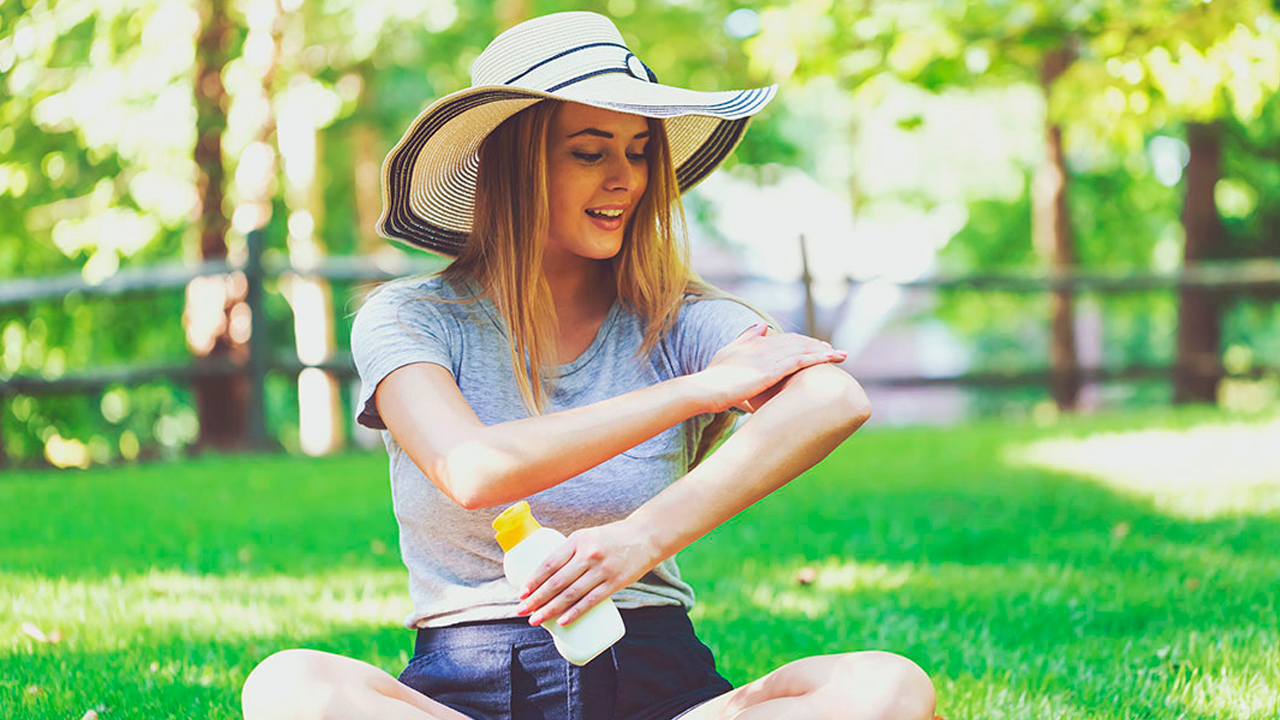In this world where humidity and pollution have affected our environment, we must be protecting our skin as it is very sensitive. No matter where we work or what we do, it is important to have a skincare routine in our day-to-day life. There are several ways to make your skin healthier by applying appropriate sunscreen products, proper diet, and saving ourselves from UV rays.
Choose the right skincare for you
It is easy to keep your skincare routine very simple and effortless. However, most people are frequently rushing to get somewhere. It is just that you do not have to make a 7 to 10-step skincare routine in your daily routine. You can just simply keep your skin in a good condition by practising easy methods
- Cleanse: Use a coin-sized tip of a non-alcoholic face wash in your hand and gently apply it to your face. Resist scrubbing your face. Use warm water to rinse it off, then pat it dry with a soft cloth.
- Moisturize: Use Moisturizer if your skin is rough or getting scratchy. Apply the moisturiser around your eyes carefully to avoid pulling too hard on the delicate skin there.
- Use Sunscreen: Place a half-teaspoon of sunscreen on the face. The use of sunscreen with at least SPF 30 made of minerals or chemicals would be beneficial for the skin. (SPF means the Sun Protection Factor).
Dangers of UV Radiation and What It Does To Your Skin
The natural defences of our atmosphere against the sun's harmful ultraviolet (UV) radiation are weakened as a result of ozone layer depletion. We give you a summary of the main health issues caused by excessive UV radiation exposure.
Skin Cancer
-
According to the National Centre for Biotechnology Information, the reported incidence of skin cancer in India is less than 1% of all cancers. In our study, the incidence of skin cancers is found to be 3.18% of all the cancer patients registered over a period of one year at our centre. NMSC is known to be uncommon in Asians.
Melanoma
- The most dangerous type of skin cancer, Melanoma, is currently one of the most prevalent among teenagers and young people between the ages of 15 and 29. Not all Melanomas are solely brought on by exposure to the sun, certain cases may also be influenced by hereditary and immune system issues.
Premature Aging and Other Skin Damage
- Actinic keratoses and early skin ageing are two more UV-related skin conditions. Particularly prone areas for this kind of disease include the face, hands, forearms, and the "V" of the neck.
Protect Your Skin from the Sun and its UV rays!
The sun radiates energy to Earth in the form of UV rays, which you cannot see or feel, infrared radiation that you can feel as heat, and visible light that you can see.
- Utilising an umbrella, and wearing shade, a hat or staying under a shed or tree can lower your risk of skin cancer and UV damage.
- To prevent ourselves from the risks of UV rays and their impacts we must cover our skin by wearing long sleeves clothes. The most protective clothing is one which is comprised of densely woven material.
- Wearing polarized sunglass can make you look in the extreme sunlight without any contraction of your eyesight. It also saves you from dust and the sun’s ultraviolet rays.
- Fortunately, the atmosphere of the Earth shields us from the majority of UV rays. While some sun exposure is necessary for our bodies to produce vitamin D, too much UV radiation is harmful.
Hence we must protect ourselves from the sun’s ultraviolet radiation by the given method. We should avoid the sun, especially during the noontime hours, wear clothes that cover our arms and legs and for UVA and UVB protection, apply sunscreen with a sun protection factor.

 Our skin is one of the most fragile parts of our body and we need to take good care of it from the ultraviolet rays by using various skincare procedures.
Our skin is one of the most fragile parts of our body and we need to take good care of it from the ultraviolet rays by using various skincare procedures.









.jpeg)

.jpeg)
.jpeg)

.jpeg)


.jpeg)



.jpeg)
.jpeg)
.jpeg)


.jpg)


.jpeg)
.jpeg)